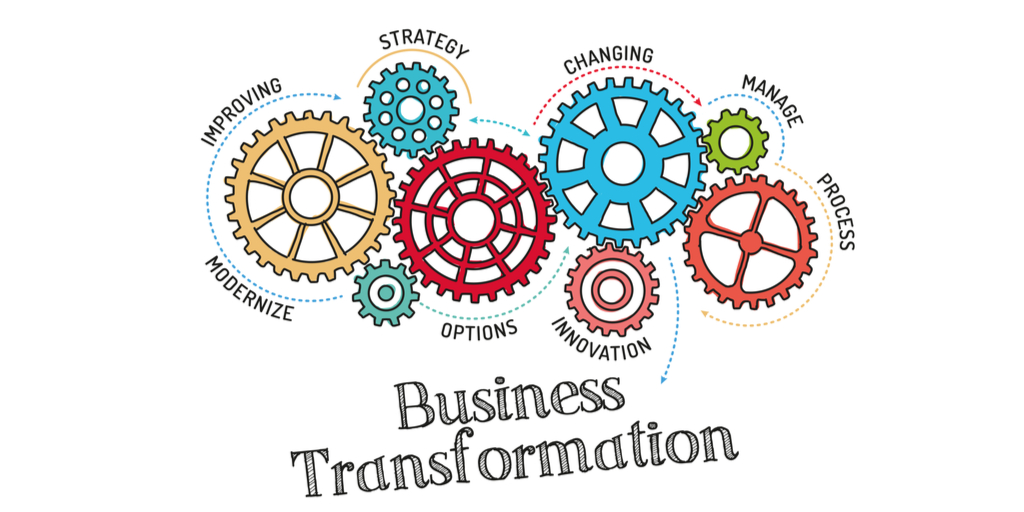AIM Goes Virtual
Don Harrison

Recent Posts
AIM Goes Virtual
Who Should be Doing What During a Business Change?
In the implementation of an organizational change, everyone has a role. In fact, many people have more than one role. In the AIM Change Management Methodology, I’ve deemed the Who’s Who of organizational change a “CAST of Characters.” Each of the four roles, Champions, Agents, Sponsors and Targets has a specific job to do:
The Difference Between Change Management and Project Management
When I discuss the blending of project management and change management during IMA’s AIM Change Management Training sessions, inevitably someone always asks, “but aren’t they the same thing?” While in a perfect world we would see project management and change management as one blended protocol, there are several fundamental differences between the two disciplines. Individually, each plays a critically important role in the success of a project, but when blended from the beginning, they will help to ensure ROI is achieved. A much more valuable metric in my (not so) humble opinion.
The Skeletons in Your Closet…What Your Past Implementation History Indicates for Your Future
Building Readiness For a Technology Implementation
Field research over the last thirty years indicates approximately 70% of major systems installations fail to achieve on time and on budget the benefits they promised their organizations. In over 85% of those failures technological integrity is not the issue. Ultimately, whether timely or not, the technology will do what it is supposed to do. The problem lies not in the quality and elegance of the technical solution, but rather in the process of integrating the human beings with the technology, by gaining acceptance and building commitment to its optimal utilization.
Understanding the Role of Sponsors in a Project Implementation
If I’ve said it once, I’ve said it a million times…Sponsorship is the single most important factor in a fast and successful implementation. But what exactly is Sponsorship? And why is it so important?
Leading People Through Business Changes: The AIM Methodology Explained
Business changes come in all sizes. Some are limited to a few small, procedural modifications while others will completely transform your organization. But no matter what size change you are working on, employing a structured change management methodology is key if you want to ensure return on investment.
The Top Ten Things That WILL NOT Transform Your Organization
Let’s get real. If you are working on a transformational change are you doing more with less or doing different things differently? Are you looking for incremental change or transformational change? It’s your choice, but if you say the latter and deliver the former (or nothing at all) you are going to pay a heavy price in your organization.
10 Buzzwords You Need to Strike from Your Vocabulary When Talking to Sponsors
Getting to Launch of a Project is Critical… But, It’s Not Enough!
If you are currently working on a business change whether is it transformational in scope or a small procedural modification, chances are you are extremely focused on getting to the “go-live” date. Most likely, there are strategies in place and resources dedicated to ensuring the project is going to be on time, on budget and to scope. In other words, once the project is launched you can check the box that it is complete and move on to the next change, right? WRONG!
Posts by Topic
- Change Management Methodology (89)
- Accelerating Implementation Methodology (AIM) (75)
- Transformational Change (60)
- Change Agents (56)
- Sponsorship (50)
- Leadership (45)
- Value Realization/ROI (40)
- Change Management Consulting (37)
- Comparing Change Management Methodologies (31)
- Culture (29)
- Project Management (28)
- Resistance to change (28)
- Change Readiness (24)
- Installation vs. Implementation (23)
- Barriers to Change (22)
- Enterprise-wide Change (22)
- Implementation Planning (19)
- Reinforcement (14)
- Change Management Training (11)
- Communication (9)
- Healthcare and Electronic Medical Records (9)
- Software/Technology Implementation (9)
- Assessing the Change Climate (8)
- Innovation (8)
- Lean/Six Sigma (7)
- Mergers & Acquisitions (4)
- Shared Services (3)










